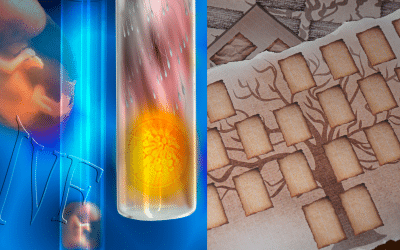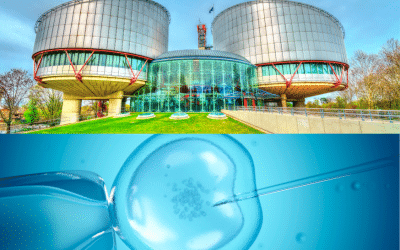On June 2, 2016, an Australian lady gave birth to her grandson, Parker. Theresa Hohenhaus had embryos implanted from her daughter and her son-in-law. Parker’s grandmother offered to be a surrogate in place of her own daughter whose uterus had been damaged by leukemia treatment during her childhood.
The embryo derived from the gametes of her daughter and son-in-law was implanted in this 46-year-old lady, and mother of 5 children, who then carried the baby for nine months for them before giving birth to her own grandson.
The birth, which has been widely publicized in the press and spread over social media with photos of the two women, gives cause for numerous ethical considerations. In this situation: the generations are mixed up: the “surrogate” mother is the grandmother of the child, which could lead to confusion in terms of filiation and emotional bonding. In addition, this practice has an impact on the intra-familial emotional pressure connected with infertility cases, and raises major ethical questions on the commodification of women’s bodies and children’s rights.



